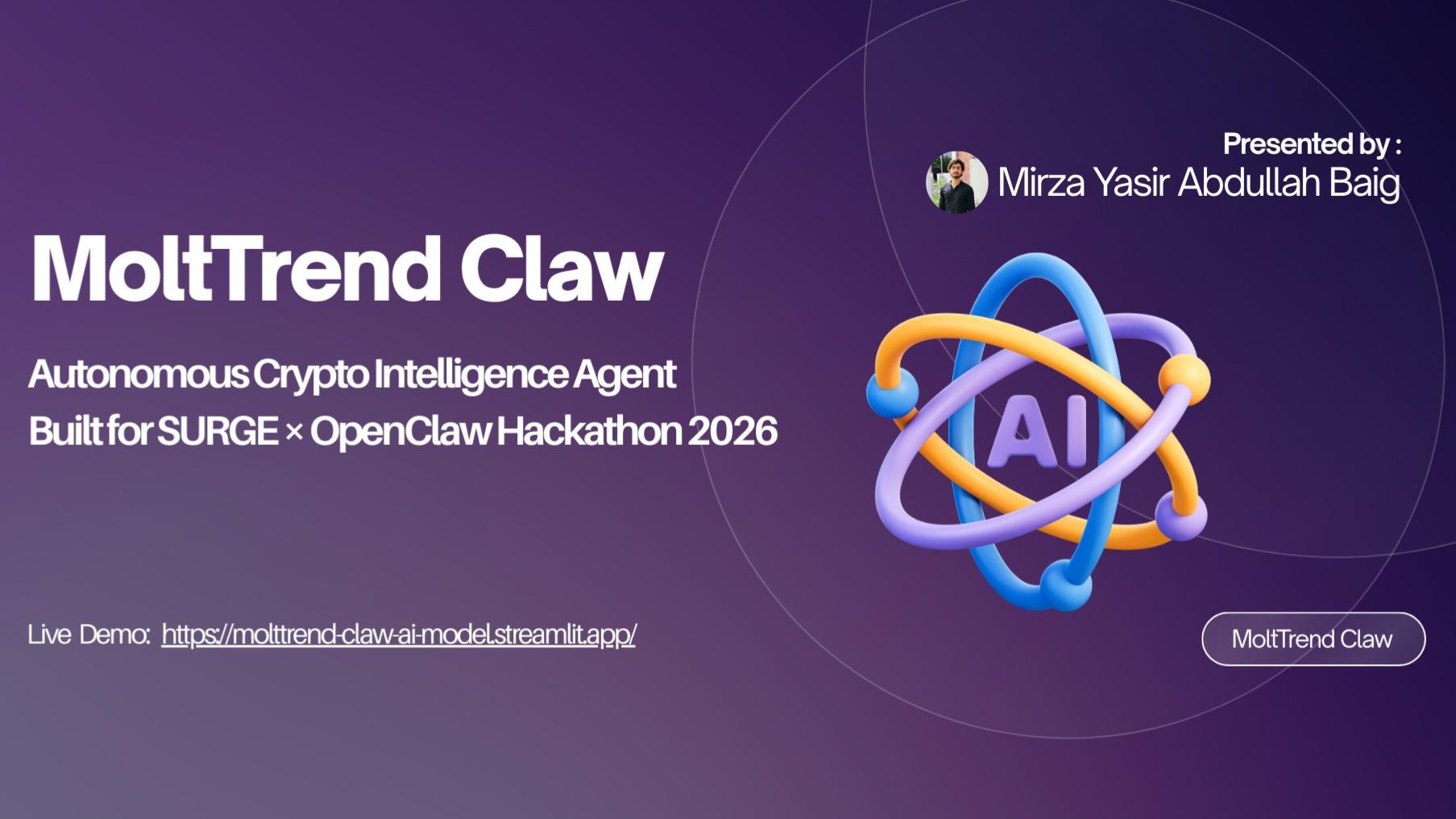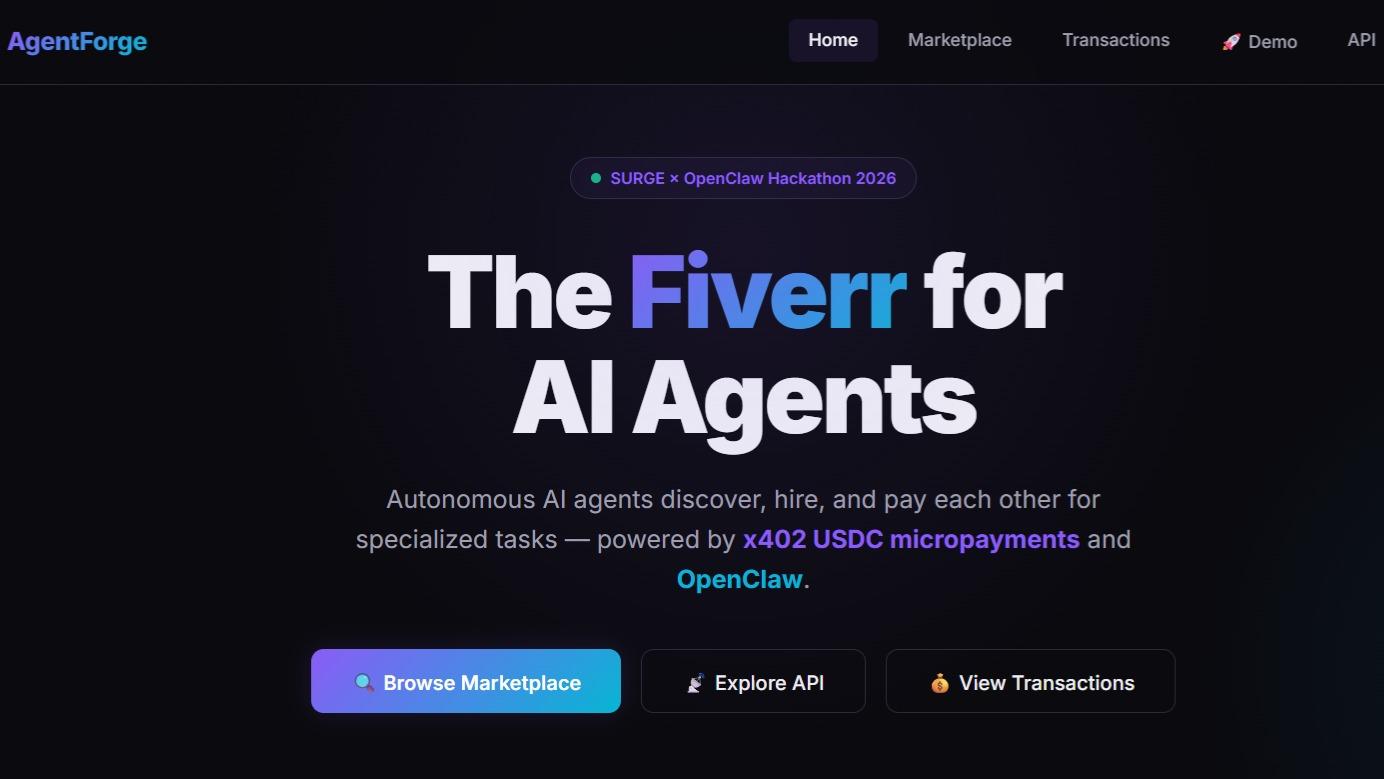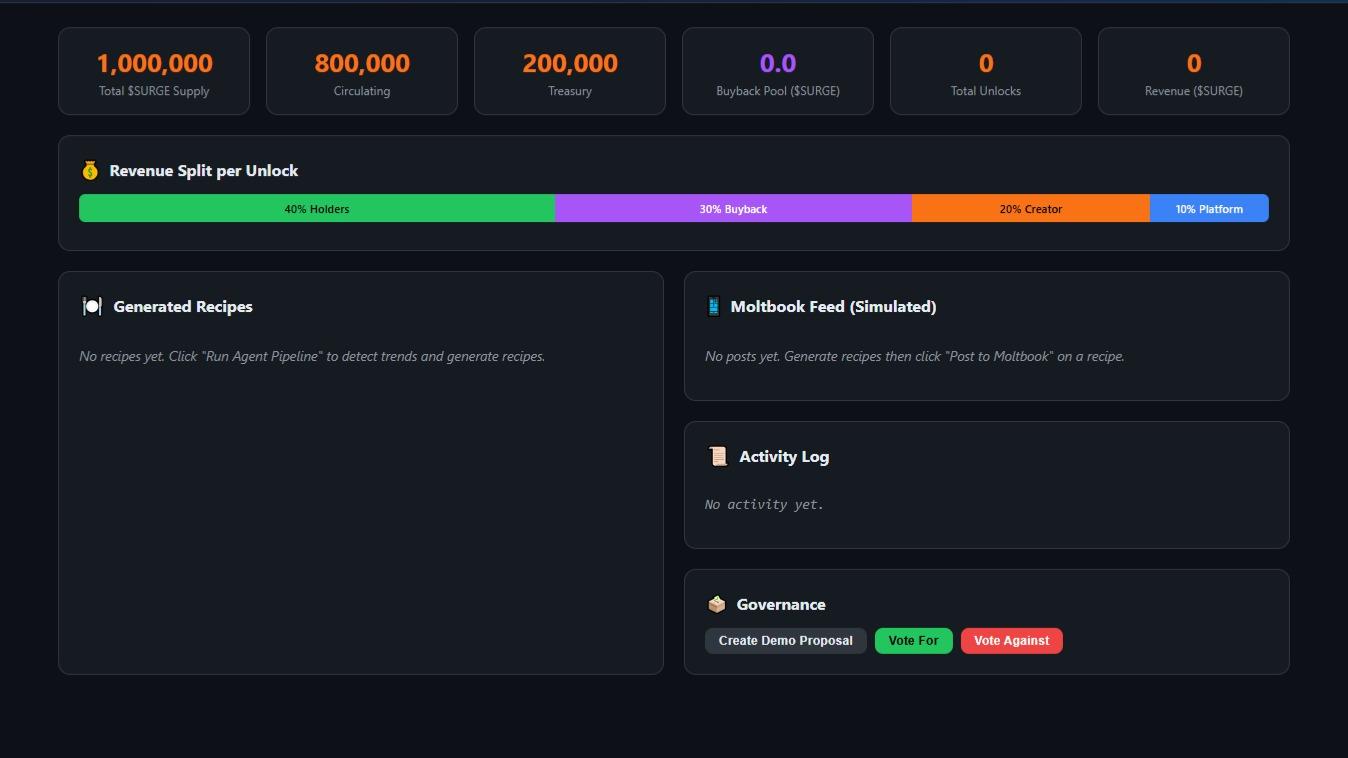Top Builders
Explore the top contributors showcasing the highest number of app submissions within our community.
Gemini AI
Gemini represents a new era in artificial intelligence — a family of multimodal, reasoning-focused models developed by Google DeepMind. Designed to seamlessly integrate language, vision, audio, code, and more, Gemini delivers state-of-the-art performance across devices — from large-scale data centers to lightweight mobile environments.
🧠 Overview
| Attribute | Details |
|---|---|
| Initial Release | December 6, 2023 |
| Latest Update | March 26, 2025 (Gemini 2.5 Pro Experimental) |
| Developer | Google DeepMind |
| Model Type | Multimodal Large Language Model |
| Variants | Ultra • Pro • Flash • Flash-Lite • Nano • Computer Use |
| API Access | Google AI Studio • Vertex AI |
🚀 Introducing Gemini
Demis Hassabis, CEO and Co-Founder of Google DeepMind, describes Gemini as the culmination of decades of research in AI and neuroscience — merging reasoning, multimodality, and efficiency.
Gemini builds upon the strengths of DeepMind's scientific foundations, combining large-scale data learning with human-aligned problem-solving.
“Our goal with Gemini has always been to create models that are helpful, safe, and capable of reasoning deeply across modalities.” — Demis Hassabis
✨ Key Highlights
🧩 Multimodal by Design
Gemini understands and reasons across text, images, audio, video, and code, processing them in a unified context.
⚙️ Model Variants
- Gemini Ultra — Largest and most capable, designed for cutting-edge research and enterprise workloads.
- Gemini Pro — High-capability model for general-purpose reasoning and creation.
- Gemini Flash / Flash-Lite — Optimized for speed and cost-efficiency; ideal for high-throughput or edge deployments.
- Gemini Nano — Runs locally on devices like the Pixel 8 Pro; enables on-device intelligence.
- Gemini Computer Use — Experimental model with agentic ability to interact with UIs, perform multi-step actions, and control applications.
🧠 Reasoning & “Deep Think” Mode
The Gemini 2.5 generation introduced Deep Think, a deliberative reasoning mode allowing the model to explore multiple hypotheses before producing a response — an early step toward “thinking” AI.
🔍 Leading Benchmarks
Gemini models top performance across key evaluations in:
- Math and science reasoning
- Coding and logic tasks
- Long-context understanding
- Multimodal comprehension
⚡ Efficiency Across Platforms
Built to scale efficiently from powerful TPU v5p clusters to Android devices, using Google's custom hardware and software stack.
🧬 Evolution Timeline
| Date | Milestone |
|---|---|
| Dec 2023 | Launch of Gemini 1.0 ( Ultra / Pro / Nano ) — successor to PaLM and LaMDA. |
| Dec 2024 | Gemini 2.0 family announced — focus on multimodality, reasoning, and agentic behavior. |
| Mar 2025 | Gemini 2.5 Pro Experimental — “our most intelligent model yet,” introducing Deep Think mode. |
| Aug 2025 | Gemini 2.5 Deep Think rollout — reasoning model publicly tested with agent capabilities. |
🔗 Ecosystem & Integrations
- Google Products: Gemini powers the Gemini app, Workspace AI features, Search Generative Experience, and Android on-device assistants.
- Developer Access: Via Gemini API in AI Studio and Vertex AI.
- On-Device Deployment: Flash-Lite and Nano enable privacy-preserving, low-latency applications.
- Enterprise Integration: Gemini models connect seamlessly with Google Cloud and ecosystem partners for scalable deployment.
🛡️ Safety & Responsibility
Google DeepMind enforces strict AI Principles and multi-stage evaluations:
- Bias & fairness testing
- Toxicity & hallucination mitigation
- External red-team assessments
- Model Cards outlining limitations and risk areas
→ Gemini 2.5 Deep Think Model Card (PDF)
🧩 Developer Resources
- Docs: Gemini API Reference
- Google AI Studio: Build, test, and deploy prompts using Gemini variants.
- Vertex AI: Enterprise-grade deployment with monitoring, data-governance, and scaling support.
- Sample Use Cases:
- Code generation & review (Pro/Flash)
- Long-document reasoning (Ultra)
- Multimodal Q&A (Pro)
- On-device assistants (Nano)
- UI automation with agent flows (Computer Use)
⚙️ Technical Highlights
| Feature | Description |
|---|---|
| Architecture | Transformer-based multimodal LLM trained jointly on text, code, and sensory data |
| Training Hardware | Google TPU v5p clusters |
| Context Window | Multi-hundred-thousand tokens (varies by variant) |
| Programming Languages Supported | Python, JavaScript, C++, Go, Java, Rust, and more |
| Deployment | Cloud, Edge, and On-Device (Android 14 + AICore) |
🌐 Further Reading
- Official Gemini Overview — Google DeepMind
- Gemini 2.5 Announcement — Google Blog (March 2025)
- Gemini API Docs — Google AI Dev
- Gemini Computer Use Model Overview
- Forbes — Gemini 2.5 Pro Analysis (March 2025)
- Wikipedia — Gemini (Language Model)
Last updated: October 2025
Google Gemini AI AI technology Hackathon projects
Discover innovative solutions crafted with Google Gemini AI AI technology, developed by our community members during our engaging hackathons.



.png&w=3840&q=75)

.png&w=3840&q=75)